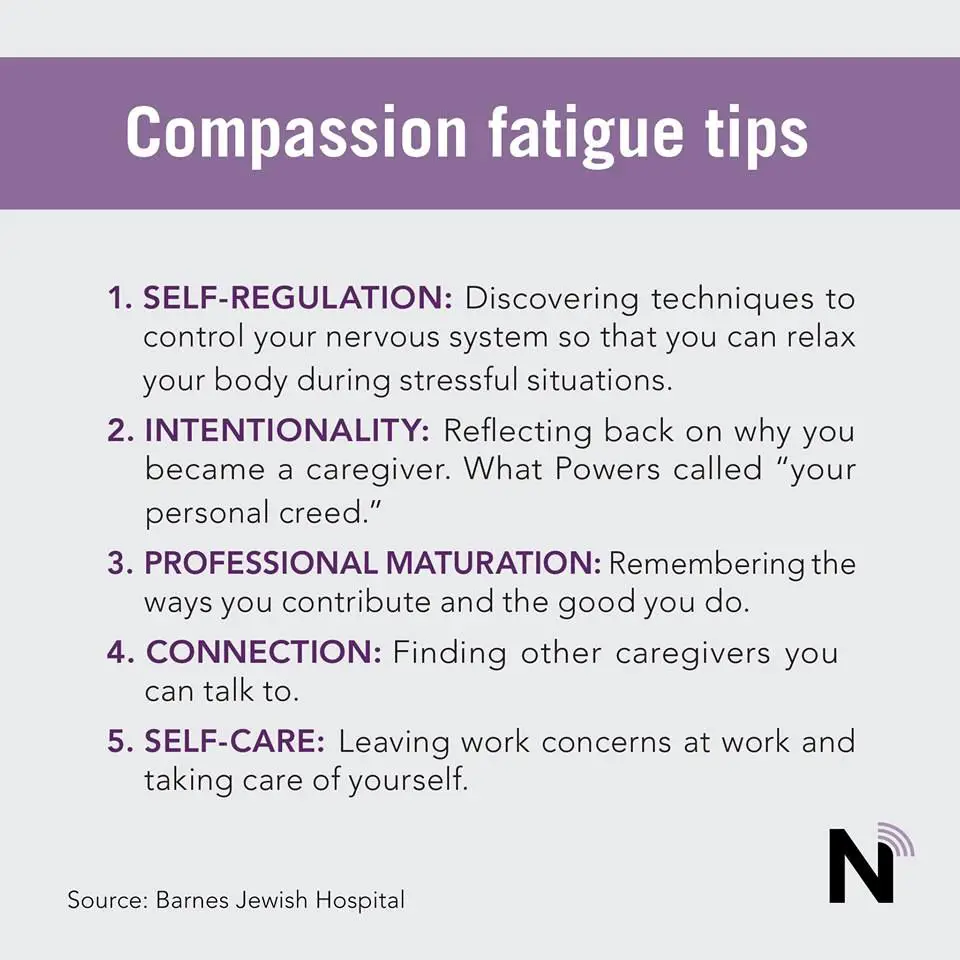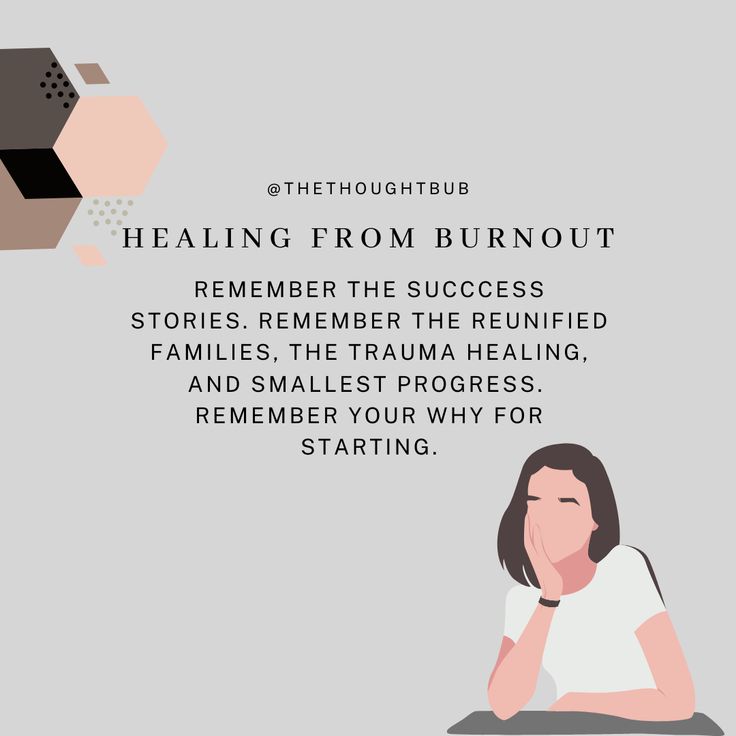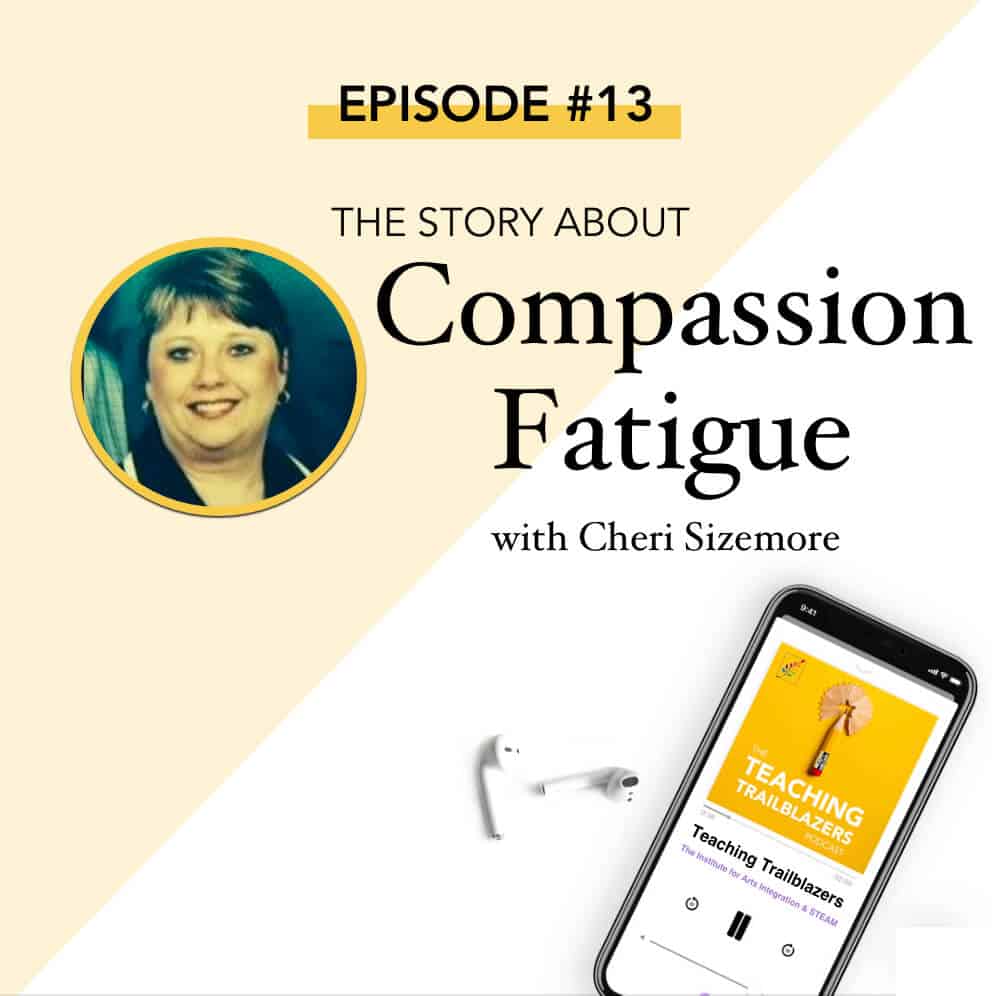Engage In Physical Activity
Brisk physical activity can reduce stress hormones and increase resilience. The American Psychological Association explains exercise “fuels the brain’s stress buffers.” Start your day with a jog before work, or unwind with a walk during breaks.
Even short stretches of physical activity throughout the week can add up to total recommended levels of exercise.
What Does It Look Like
The impact of clients lived experiences on a worker comes in many shapes and sizes, ranging from a change in a workers inner feelings and beliefs to behavioural and physical manifestations of distress. Of course, working with people in a social work capacity has positive experiences too: witnessing the incredible strength and resilience of a client, marvelling at the way a community bands together, gaining an appreciation of life, and feeling proud of the meaningful work that you do.
Here, well discuss the not-so-great effects of secondary trauma.
Secondary trauma has the potential to leave workers feeling irritable, depressed, anxious, helpless, isolated and/or in a state of despair. Their sense of purpose and belief in the world may deflate, and feelings of failure and unworthiness may rise. Physically, workers can pick up colds and flus, and experience headaches, a loss of appetite, sweats and nausea.
Behaviourally, the impact of secondary trauma may present as a worker becoming isolated, avoiding certain duties, working extra long hours, or using stimulants to self medicate. This could coincide with having flash-back experiences, problems with clear thinking, reduced productivity, cynicism, an inability to stop thinking about a client or an inability to empathise.
The key is that you recognise that these are not your typical feelings or behaviours.
Compassion Fatigue And The Adult Protective Services Social Worker
Compassion fatigue is a relatively new term that describes the symptoms that are experienced by social workers and other helping professionals who work with clients experiencing trauma. This article defines the concept of compassion fatigue and relates compassion fatigue to Adult Protective Services social workers. It is proposed that APS social workers may be susceptible to the deleterious effects of compassion fatigue due to the nature of their work and environment. Suggestions for avoidance of compassion fatigue are also discussed, including self-care strategies and the need for continuing education regarding this phenomenon.
KEYWORDS:
Recommended Reading: Best Allergy Medicine For Fatigue
Treating Compassion Fatigue Charles R Figley
Figley is one of the pioneers of traumatology research and theory, and this book is an extremely informative and comprehensive read for any trauma practitioner.
An impressive list of traumatology researchers have contributed to the bookâs 11 chapters, which cover compassion fatigue theory, research, and treatment.
Find the book on .
The Other Side Of The Coin

Compassion fatigue is a tough fact of life for many nurses, but that doesnt mean nursing is always a psychological drain. Carlson says he is optimistic about the career and the fulfillment that comes from the tangible differences a nurse can make with their patients.
There is an endless list of things that make nursing rewarding, Carlson says.
While it is important to focus on all the positive aspects of nursing, it is also crucial to address the challenge of compassion fatigue that some nurses will encounter as they strive to give the best care to their patients. Its also encouraging to know you can overcome it and continue the career you love.
Recommended Reading: How To Relieve Chronic Fatigue
Exercise And Eat Properly
Taking care of yourself should take precedent when dealing with compassion fatigue. Eating a nutritious breakfast can go a long way in bettering your day.
Compassion fatigue causes physical exhaustion, you can counter this by eating healthy meals to boost your system throughout the day. A healthy meal will replenish your blood sugar which will give you energy to power your muscles.
Your brain will also be able to focus on the tasks you handle at work.
Also, dont forget exercise. Working out increases your stamina.
Most health professionals spend their day in constant movement. Exercising trains your body to be more efficient while using less energy. This reduces the stress your body goes through as you work.
It also helps you sleep better, which is significantly beneficial since compassion fatigue can cause sleeplessness.
Increased stamina and a balanced diet increase your chances of overcoming compassion fatigue.
Recommended Reading: Is Fatigue A Sign Of Colon Cancer
Differences Between Compassion Fatigue And Burnout
Compassion fatigue has the potential to fundamentally reduce an individualâs level of empathy, while burnout is unlikely to have this result. For example, a school social worker making daily calls to Child Protective Services may find that he loses the ability to empathize, while an individual experiencing burnout may simply feel exhausted and overwhelmed.
The stages and timetables of compassion fatigue and burnout also differ. Burnout happens slowly over time while compassion fatigue can occur suddenly after exposure to a traumatic event. While burnout can be reduced or eliminated by switching jobs, compassion fatigue can follow a person from job to job, since it impacts the ability to feel empathy. Fortunately, if it is caught early and managed properly, compassion fatigue can have a faster recovery time than burnout.
You May Like: What Can Help Chronic Fatigue Syndrome
Similarities Between Compassion Fatigue And Burnout
Individuals experiencing compassion fatigue or burnout generally struggle with the same work conditions, such as long hours, large workloads, and stressful work environments. For example, social workers employed in a public health setting may find that their caseloads increase year after year with less time allotted to complete paperwork. They are working more and more hours for the same amount of pay these can be contributing factors to both compassion fatigue and burnout.
The two conditions also have similar results, including emotional, mental, and physical exhaustion a reduced sense of meaning in work and isolation from others.
Cultivating Effective Coping Strategies Away From The Workplace
Coping strategies outside the workplace are just as important as within the workplace. Cultivating these strategies can help individuals maintain their work-life balance and prevent workplace stressors from seeping into their personal lives and homes. In addition to the self-care tips listed above, other effective coping strategies include deep breathing, meditation, or practicing a hands-on hobby like gardening or baking.
You May Like: Osha Anti Fatigue Mat Requirements
Implications For The Profession
According to the Bureau of Labor Statistics, there were approximately 840,000 self-reported social workers in the United States as of the last national census . It is very unlikely that any substantial number have had exposure to training concerning compassion fatigue. Despite the fact that we know education helps, there is little training provided about these issues. The standard setting body for training programs in our country does not have requirements for exposure to this material, despite the growing body of evidence that there is a significant job hazard .
Aside from the mandates contained in the Code of Ethics, there are other compelling reasons to guard against compassion fatigue. A healthier workforce will lead to better client outcomes and lower staff turnover. Additionally, personal distress is never completely contained to the work environment.
Social workers are individuals with personal histories and lives, and they are not immune to the effects of trauma and strain. Personal lives can be disrupted, leading to marital or intimacy problems, hypervigilance in the home, overprotectiveness or violence directed to partners or children, personal health issues related to stress, or other trauma-related symptoms. Entire families can become victims of the work-related strain experienced by one social worker!
Pro Tip: Dont Confuse Having An Interest With Having A Hobby
Part of the joy of pursuing a hobby is the doing. You see, hobbies, unlike interests, require action. Now, a hobby can be inspired by an interest, but the key difference is that an active pursuit toward an interest that makes it a hobby.
Choosing a hobby shouldnt be complicated or stressful. Look into your past. Was there something you enjoyed as a child that you might still enjoy as an adult? Are there projects around your home that you gave up?
If you are still struggling to find a hobby, start with something small. You dont have to find the perfect hobby. In fact, there is joy and adventure in exploring new things. The key is to try out new things and explore whats out there. And remember, get out there!
You May Like: What Causes Low Energy And Fatigue
Compassion Fatigue Impacts Us All
Prevention is better than a cure. However, compassion fatigue tends to be sudden and very unpredictable.
To be on the safe side, we need to encourage traumatic training in all help professions.
Compassion fatigue is a serious occupational hazard as most who are affected deal with other peoples lives. Its not only dangerous to the caregiver, but may also affect the patient and a host of family and friends.
If left untreated, it can lead to dire legal and ethical implications. All because the caregiver was so empathetic, they became sick too.
Lets be the ambassadors of awareness and save a life. The life of the patient and the caregiver and anyone else affected.
Recommended Reading: Can Depression And Anxiety Cause Fatigue
How To Protect Yourself As A Practitioner

There are several best practices all social workers can implement to mitigate burnout and compassion fatigue. Reaping the benefits of these habits requires that social workers remain well-attuned to their own emotions and feelings.
Recognizing when countertransference, burnout and compassion fatigue have entered your workspace begins with a strong sense of self-awareness, Towle said. This can be difficult for many social work professionals, who spend so much time focusing on identifying others emotions.
To achieve a high level of emotional self-awareness, Ruiz uses what she calls a feeling circle with social workers. The feeling circle is a visual tool, Ruiz said. Participants fill in the circle with colors signifying various emotions. As they shade, it helps bring to light any anxiety, stress, grief or other emotions they may be experiencing.
Self-awareness allows you to better identify personal needs with necessary interventions, like self-care tactics. Relaxation techniques, like yoga and reiki, as well as cognitive behavioral therapy and cognitive reframing and boundary-setting are practices we use with our clients, but rarely use for ourselves, Towle said. If leveraged appropriately, these practices can help boost a social workers wellbeing and overall resilience.
Read Also: Best Supplement For Muscle Fatigue
Compassion Fatigue Vs Empathy Fatigue
The terms compassion fatigue and empathy fatigue are occasionally used interchangeably. But this can confuse the issue slightly, as some models of compassion fatigue donât agree on the role of empathy in the development of compassion fatigue.
According to Figley , without the ability to empathize, there is little room for compassion fatigue, because empathy is essential to helping work and experiencing the strains of caring. Empathic concern is our impetus to help those people that are suffering, for example, by providing our services as a therapist .
Our empathic response toward clients and patients is how we try to remedy a clientâs suffering and can lead us to share in their emotional responses. âCompassion stressâ is the consequence of empathic responding and represents the ongoing desire to reduce the suffering of the client or patient .
If compassion stress is severe and/or compounded by other life stresses, it can lead to compassion fatigue , which can be emotionally overwhelming and make it more difficult to experience empathy .
However, a more recent model of compassion fatigue challenges the idea that it is empathy that makes us vulnerable to compassion fatigue . Instead, Coetzee and Laschinger suggest a lack of resources, the personâs response to the distress, and inadequate positive feedback make us susceptible to compassion fatigue. Weâll get into these models in more detail a little further on.
What Is Compassion Fatigue In Social Work
On a daily basis, social workers help people face difficulties and cope with traumatic experiences. While they aim to help others manage and overcome mental, behavioral and emotional issues, they may become susceptible to stressors and impaired by secondhand shock, which can lead to compassion fatigue and burnout. These problems can deeply affect social workers personally and professionally, but compassion fatigue in social work is preventable and treatable if it is addressed early enough.
Don’t Miss: Joint Pain Fatigue Weight Gain Brain Fog
Why Are We Talking About This
The Consequences Of Compassion Fatigue
Workers who assist victims of violence, war, natural disasters, and other humanitarian crises are frequently fatigued and burned out . Psychology, social work, and nursing professionals who deal with trauma victims or those who have had extreme stress are frequently fatigued by compassion fatigue. It is also common among physicians, therapists, and other health care professionals who care for patients with chronic illnesses. Compassion fatigue has a number of negative consequences. Compassion fatigue can have a significant impact on a number of health issues, including physical and psychiatric disorders. What is compassion fatigue? Compassion fatigue is most common among those who work with violence, war, natural disasters, or other humanitarian crises.
You May Like: Anti Fatigue Hair Salon Mats
Treating And Moving Through Empathy Fatigue
In todays global pandemic, empathy fatigue can go hand-in-hand with caution fatigue. But its important to remain vigilant about slowing the spread of COVID-19. We must be mindful about what were doing to help and protect others, while also taking care of ourselves.
Empathy fatigue can eventually slip into depression, so its so important to pay attention to how youre feeling, address those feelings and move forward with caring for yourself and those around you.
When were talking about empathy fatigue in terms of treatment, we like to think about the ABC model, explains Dr. Albers. We need to work on our awareness, our balance of everything going on and our connection with others.
Here is more about what that means:
Surviving Compassion Fatigue: Help For Those Who Help Others Beverly D Kyer
Kyer is a clinical social worker and trauma specialist who has dedicated much of her life to helping others.
In this book, youâll learn about her personal experience with compassion fatigue and how she overcame it.
This book has great practical appeal, as youâll learn strategies and techniques to support your wellbeing and self-care while caring for those in need.
Find the book on .
Read Also: Anti Fatigue Kitchen Runner Mats
Organizations And Support Groups
Organizations and support groups that allow people to connect can be a huge source of relief and comfort.
- Compassion Fatigue & Resiliency in Professionals. Professionals can collaborate and share resources in this Facebook group.
- Compassion Fatigue Awareness Project. This site connects people suffering from compassion fatigue and helps raise awareness.
- Educare. This organization is dedicated to enriching the lives of caregivers.
Compassion Fatigue Resiliency Program

Compassion fatigue resiliency programs are designed to help individuals who work in high-stress professions to develop the skills necessary to cope with compassion fatigue. These programs typically involve a combination of education, self-care, and peer support. The goal of these programs is to help participants become more resilient to the effects of compassion fatigue and to provide them with the tools they need to continue to provide care for others.
You May Like: Wood Grain Anti Fatigue Floor Mats
Prioritize Breaks And Sleep
Social workers can often get caught up in their work, devoting themselves day and night to their clients. If social workers are feeling overwhelmed, they should take time to step away from their work to rest and recharge. Taking breaks whether for a few hours or a few days can help social workers avoid compassion fatigue and eventual burnout.
Signs Of Compassion Fatigue
Compassion fatigue, also sometimes referred to as vicarious or secondary traumatization, often comes on more quickly than burnout. Nurse burnout and compassion fatigue share some similar signs, including emotional and mental exhaustion, feeling isolated, and a sense of disconnect between ones work and the goals or cause at hand.
However, compassion fatigue often includes more specific signs:
- Impairment of judgement and behavior
- A loss of hope, self-worth, and self-esteem
- A potential for PTSD and depression
- Negative impact on spiritual identity and worldview
- An overall decline in morale
- A decrease in cognitive function and ability
- Disturbances in sleep pattern
Don’t Miss: Rash Headache Fatigue Joint Pain
Learn More About Careers In Social Work
While social work can come with stressors, the benefits far outweigh the drawbacks. Social workers engage children, adults and families on a daily basis, helping them overcome difficult situations and live fuller lives. As a result, they play an important and irreplaceable role in society. In fact, the U.S. Bureau of Labor Statistics predicts the employment of these professionals to grow 11% between now and 2028.
Individuals interested in becoming social workers can earn an advanced degree to develop skills essential for success in the field. Learn more about pursuing an Online Master of Social Work at Virginia Commonwealth University.